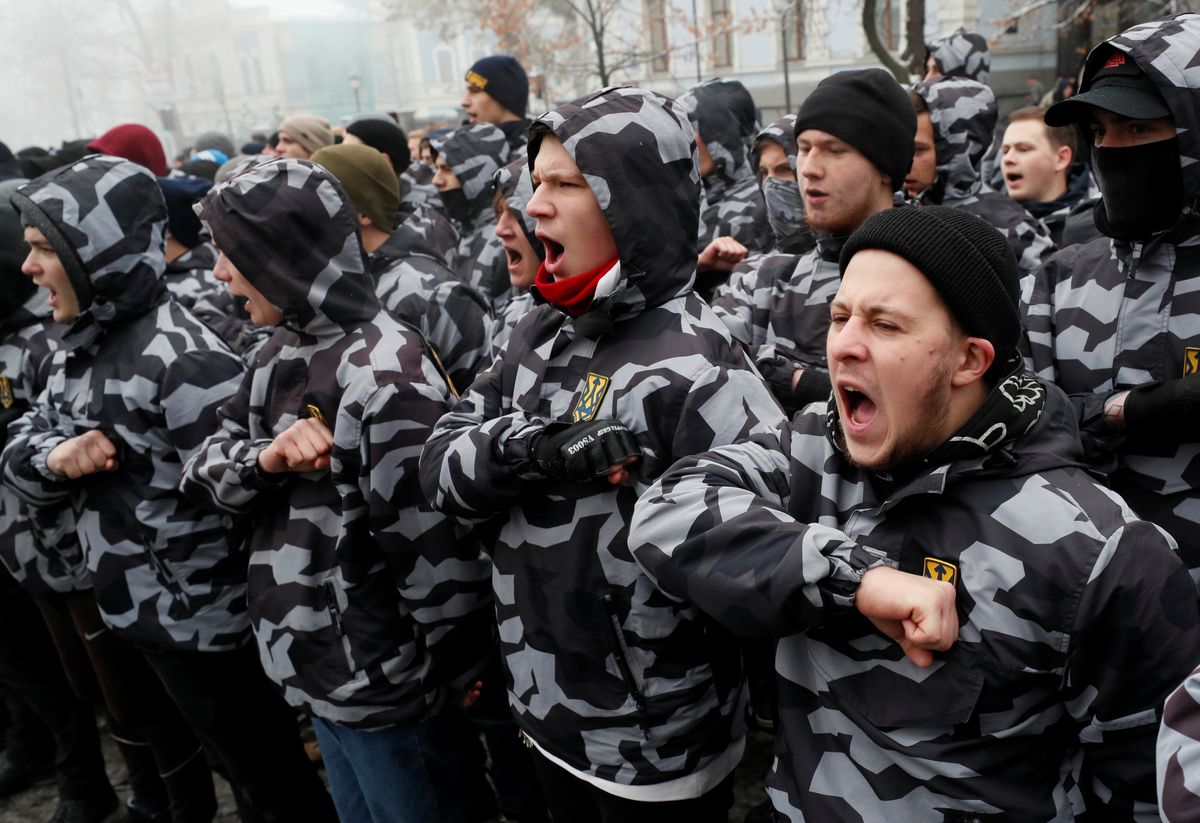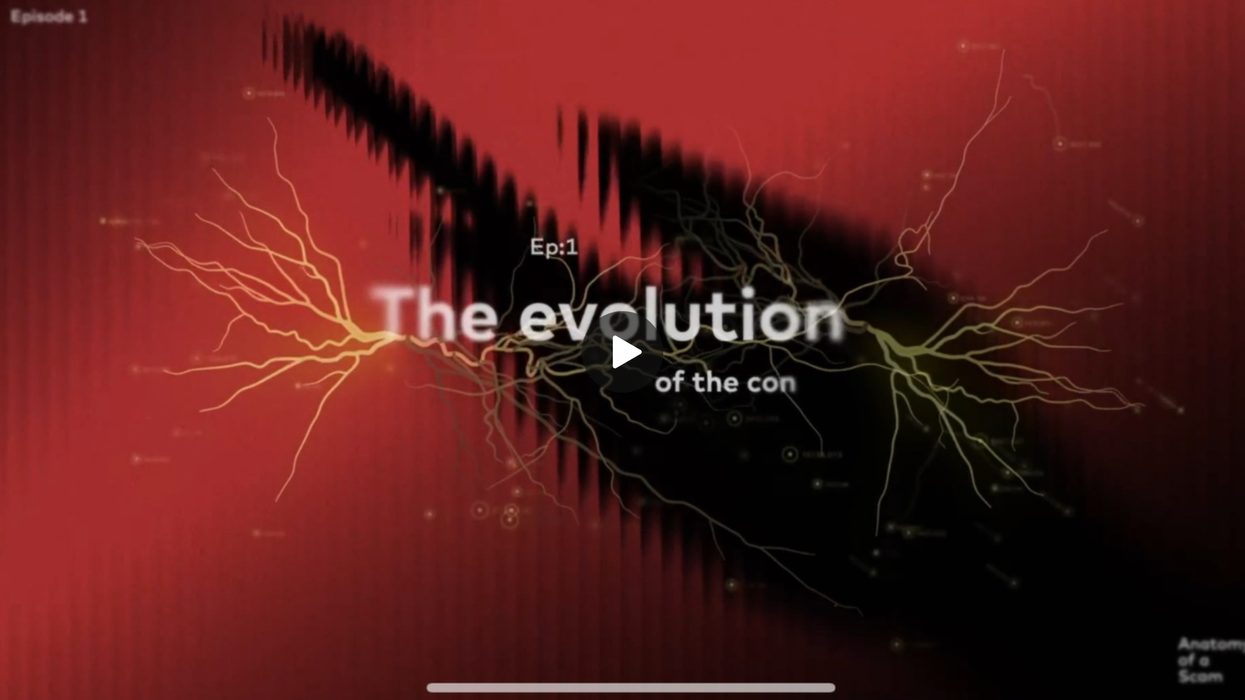Over the weekend, Russian naval forces detained several Ukrainian ships after firing on them in the Kerch Strait, a narrow bit of contested waters linking the Black Sea to the Sea of Azov along the Russo-Ukrainian border. It’s a major escalation between the two countries, who have been locked in an armed conflict since 2014.
In response, Ukraine has imposed martial law and a defiant Moscow is waiting to see what costs, if any, Europe and the US are willing to impose for what they see as an act of Russian aggression.
How’d we get here? In 2014, after a popular uprising toppled the pro-Russian president of Ukraine, Moscow annexed the Crimean Peninsula and fanned a separatist movement in Eastern Ukraine. To link Crimea with mainland Russia across the Kerch Strait, which separates the two countries, the Kremlin built a $3.6 billion bridge that was completed earlier this year. Since then, tensions over the waterway have soared, with each side claiming the other is encroaching on its waters.
Ukraine has gotten the worst of it. Ships carrying lucrative steel and grain exports from Eastern Ukraine – critical for the country’s economy – must pass through the Kerch Strait. Russian customs and security officials, citing security concerns about the bridge, have intensified spot checks and detentions of Ukraine-bound vessels. One of those incidents is what led to the clash on Sunday.
Western governments have condemned Russia’s attack and raised the prospect of new sanctions on Russian officials. NATO, for its part, has called on Moscow to release the ships and sailors that are currently being detained. But beyond that, don’t expect much. NATO is under no obligation to defend Ukraine, which is not a member state. More broadly, Ukraine matters an awful lot more to Moscow (for strategic, economic, and cultural reasons) than it does to the West. Plus Europe’s got its own problems these days.
Meanwhile, in Ukraine President Petro Poroshenko secured a parliamentary declaration of martial law in about half of the country. Since a military response by Ukraine’s much weaker forces is all but inconceivable, Poroshenko’s critics suggest that the move, which prohibits any political campaigning or voting while in force, is a cynical ploy to delay upcoming elections that the unpopular president is almost sure to lose.
Russia says Ukraine provoked the incident, but Putin is likely testing the international reaction to his power play for de facto control over the Sea of Azov.
Your move Mr. Trump: US President Donald Trump has blamed former President Barack Obama for allowing Russia to seize Ukraine in 2014. Now Moscow is bidding to seize control of the Azov Sea. How will Mr. Trump respond? The two men are still scheduled to meet on the sidelines of the G20 summit later this week in Argentina.



















